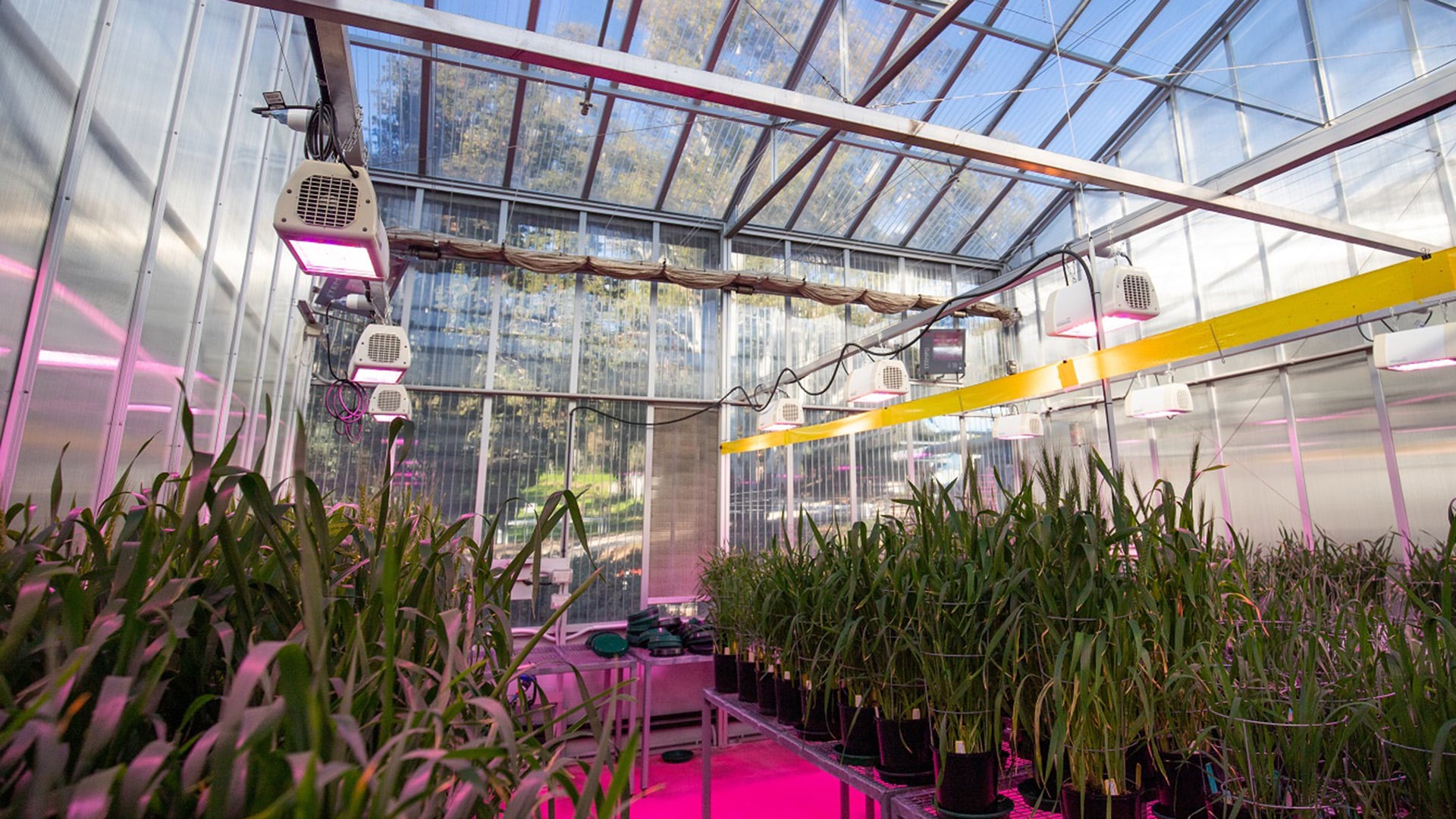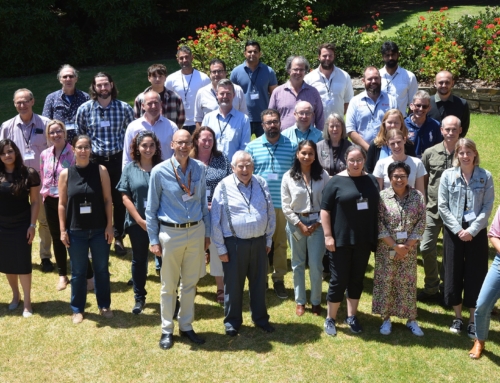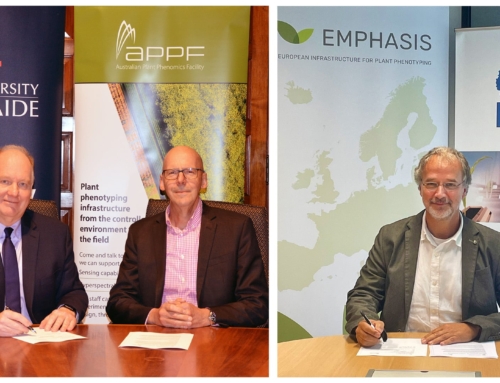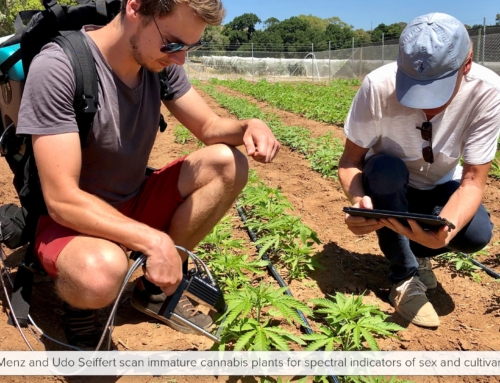At the APPF, our Infrastructure Specialists are vital to our capabilities and our capacity to deliver cutting-edge phenomics for clients and partners.
With that in mind, APPF Executive Director Dr Susie Robinson has joined with a cohort of other national NCIRS Directors around the country to develop and endorse the newly released NCRIS Directors’ Research Infrastructure Specialist Position Paper.
The paper calls for a new, nationally recognised job classification for Research Infrastructure Specialists (RIS), to better define their unique role within research organisations and to set more relevant KPIs for benchmarking their careers.
“With many NRI project facilities located at universities, Research Infrastructure Specialists are hired into these institutions as either professional or academic staff. However, neither university job family is a suitable match for the actual skills and responsibilities of our RIS employees,” the position paper states.
“In the professional stream, an RIS cannot get promoted above their entry level without a reclassification of their job role. On the other hand, promotion within the academic stream is possible, but the usual KPIs are not appropriate for the supportive roles that RI Specialists perform within the national research and development landscape.
NCRIS employs 1,800 expert personnel across its numerous facilities nationally. They help ensure researchers have access to world-class and cutting-edge facilities and are recognised as a significant national asset.
Jane Fitzpatrick, Australian National Fabrication Facility CEO and a member of the NCRIS working group says the NCRIS Directors group acknowledges the importance of this issue to the workforce that supports the incredible research infrastructure capabilities that Australia uses to support world class research and development.
“We hope this position paper will prompt both discussion and solutions to support the key resource, our people,” she says.
APPF Executive Director Dr Susie Robinson observes – “At the APPF, we continue to face this issue with our staff, where upward career trajectory pathways are not always clear or easy to provide due to the tensions inherent in working as an infrastructure technical expert.
“This paper is a welcome step forward in opening a national dialogue on the issue, for senior university administrators, unions and infrastructure facilities to contribute to.
“At the end of the day, we want to be able to support exciting career pathways for those individuals who give so much of their expertise, talent and energy to the research infrastructure world.”
CLICK HERE to download and read the Position Paper







